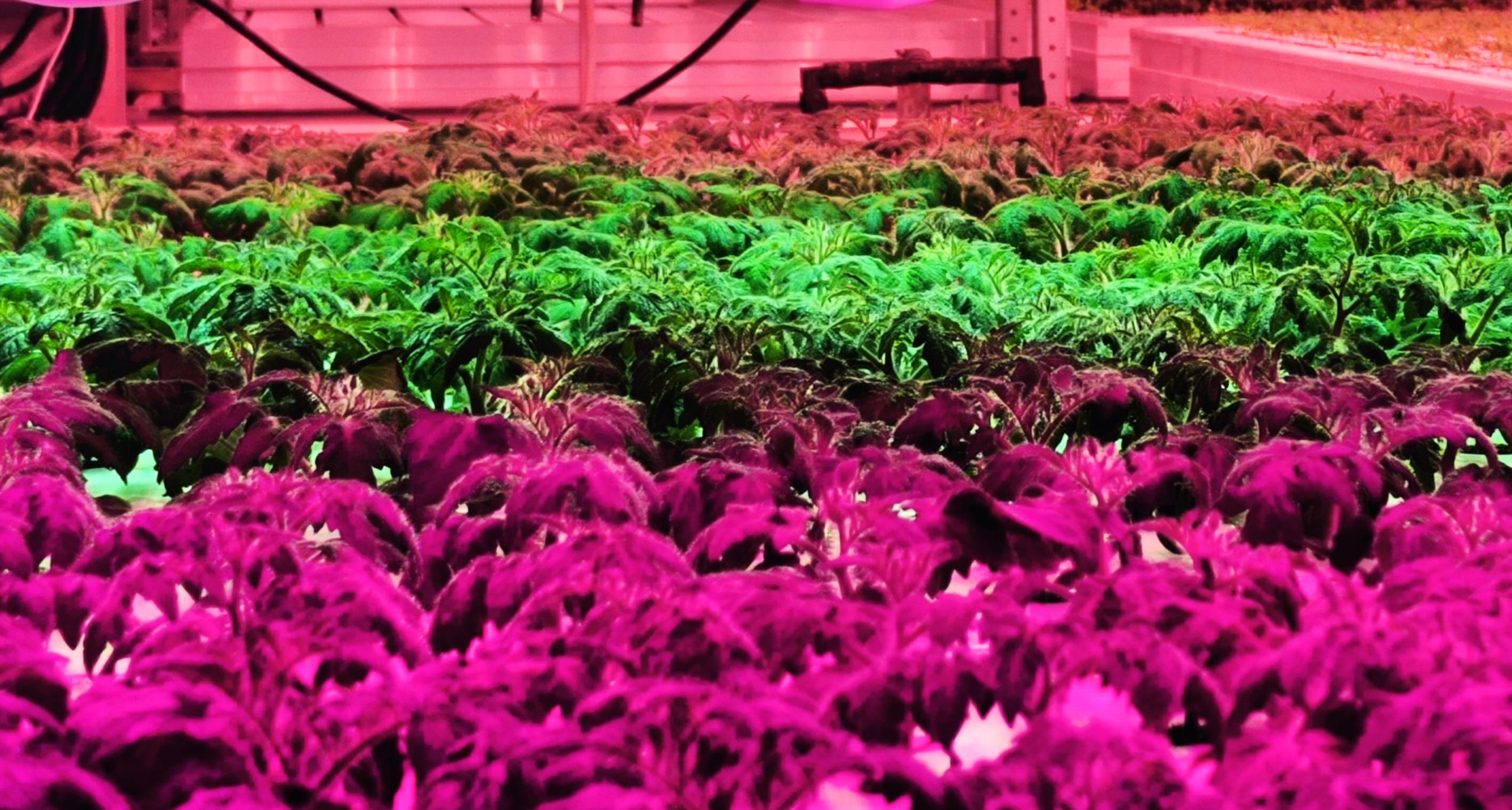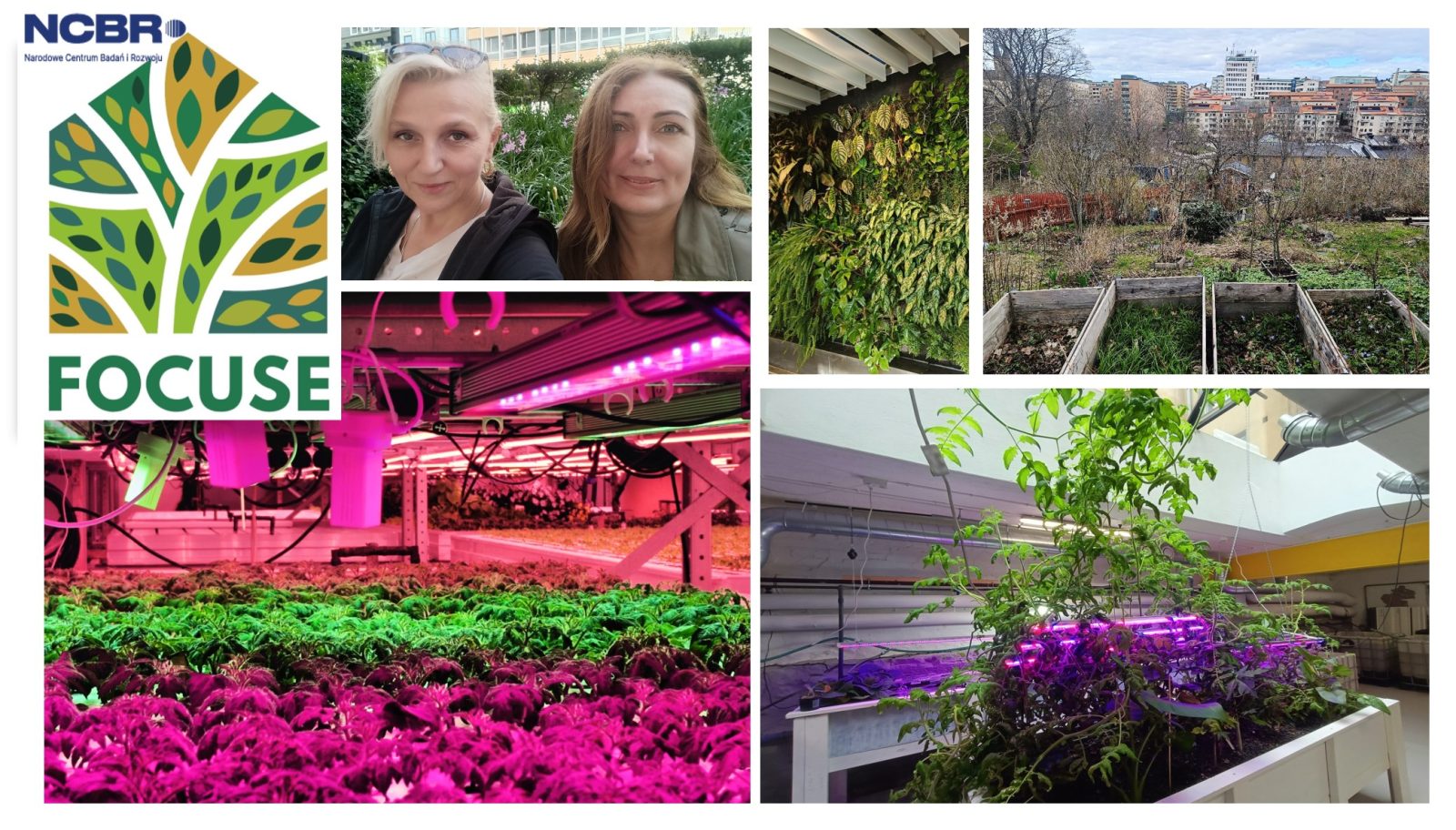
Project FOCUSE: researchers from the University of Wrocław will investigate how to produce food in cities
In 2024, the University of Wrocław received a prestigious grant as part of the international DUT call 2022 competition, announced under the co-financed partnership Horyzont Europa Driving Urban Transitions. This initiative involves 27 European countries, including Poland. The competition aims to support international research projects addressing the challenges faced by modern cities.
The project selected under the DUT call 2022 competition, titled “Produkcja i zaopatrzenie w żywność za pośrednictwem systemów miejskich o obiegu zamkniętym w europejskich miastach” [acronym: FOCUSE], is being carried out by a multidisciplinary team of researchers from the University of Wrocław, including dr inż. Anna Zaręba (project leader at UWr) and dr hab. Alicja Krzemińska from the Institute of Geography and Regional Development. The project is funded by the National Centre for Research and Development.
The amount awarded to the University of Wrocław is 1,125,906.50 PLN. The project will last three years, from 1 February 2024 to 31 January 2027. The partners of the University of Wrocław in this project include Universidad Autónoma de Barcelona, Alma Mater Studiorum – Università di Bologna, Invest Stockholm Business Region AB, KTH Royal Institute of Technology, Grönska Statsolding 365 AB, and Skellefteå Kommun. The City of Wrocław is a co-partner in the project, and IVL Sweden serves as the project leader. The project is being implemented in collaboration with the cities of Wrocław, Stockholm, and Skellefteå.
The project’s theme directly aligns with the University of Wrocław’s Priority Research Area “Human – city and environment” and encompasses multifaceted research on the important societal issue of food production within urban areas, emphasizing the sustainable use of environmental resources and the implementation of the zero-waste economy. This research has international and cross-sector significance in creating model new branches of ecosystem services essential for the functioning of cities with a low carbon and water footprint.

The project is crucial for the development of the scientific discipline of socio-economic geography and spatial management, focusing on local management systems based on models of urban closed-circuit agriculture. It creates new opportunities to examine the use of urban areas in terms of enhancing their self-sufficiency, which is a premise for rational spatial management. The research is based on urban closed-circuit economy models introduced through examples from diverse urban landscapes in four countries.
The aim of the research and development work is to find multidimensional, optimal, and utilitarian strategic models and scenarios for urban closed-circuit food systems to adapt cities to climate change and disruptions in food supply. This will be explored through examples from cities in different climate zones: Stockholm and Skellefteå in Sweden, Wrocław in Poland, Bologna in Italy, and Barcelona in Spain, across various scales of spatial planning (regional and urban) and in different spatial contexts.
In Poland, the research focuses on residential districts of Wrocław: Muchobór, Przedmieście Oławskie, and Nadodrze, where the city authorities are currently concentrating revitalization efforts. The studies in Wrocław, based on various multi-scale and spatial contexts, will help identify a framework for implementing, evaluating, and functionally classifying urban agriculture in a closed-circuit system, utilizing sustainable energy and water resources. This approach aims to create an ecologically stable urban system resilient to climate change.
Help with the project!
Researchers encourage you to complete the two surveys below regarding your dietary preferences and food production in the city. The surveys are anonymous and completing them will only take 3-5 minutes. Your input matters! It will help us understand the input/output system related to food supply and production in the city and enable more effective spatial planning for our cities
The surveys are aimed at city residents. Survey 1 focuses on dietary patterns to investigate the potential interest in growing vegetables, fruits, and herbs in the city. Survey 2 examines knowledge and potential related to urban agriculture.
Translated by Julia Kołakowska (student of English Studies at the University of Wrocław) as part of the translation practice.



